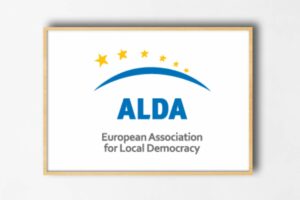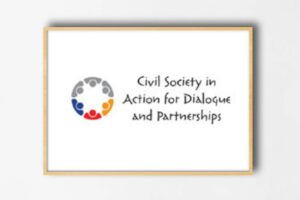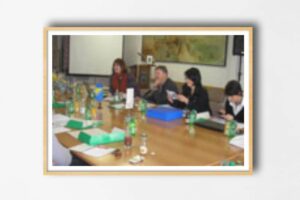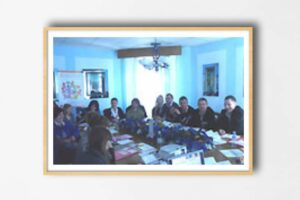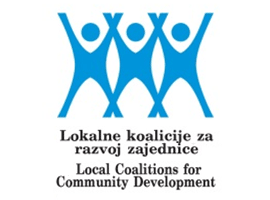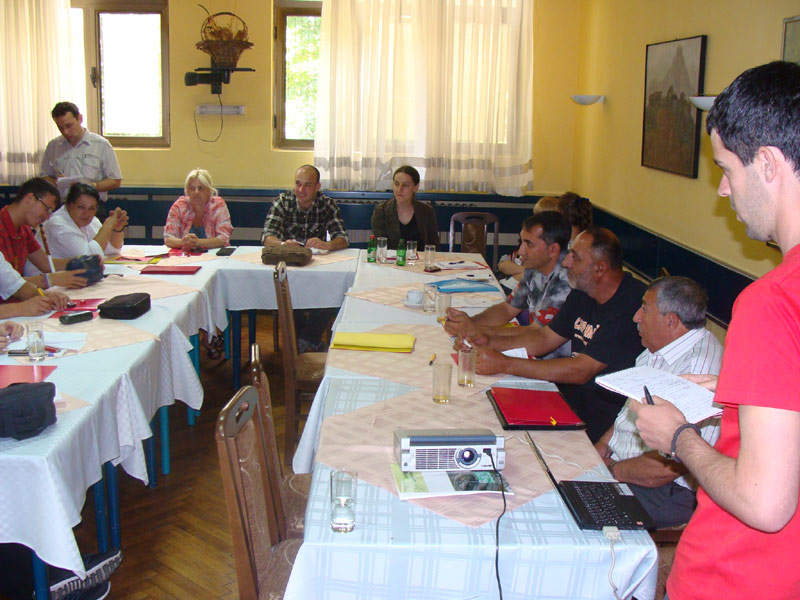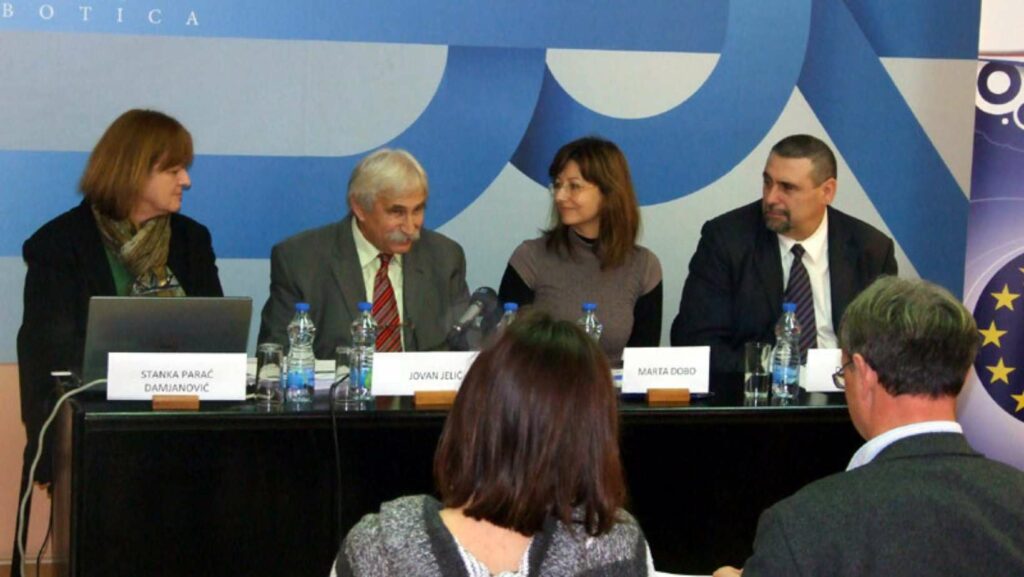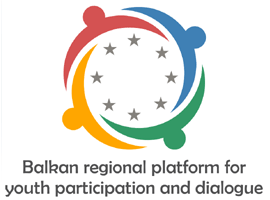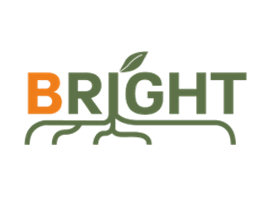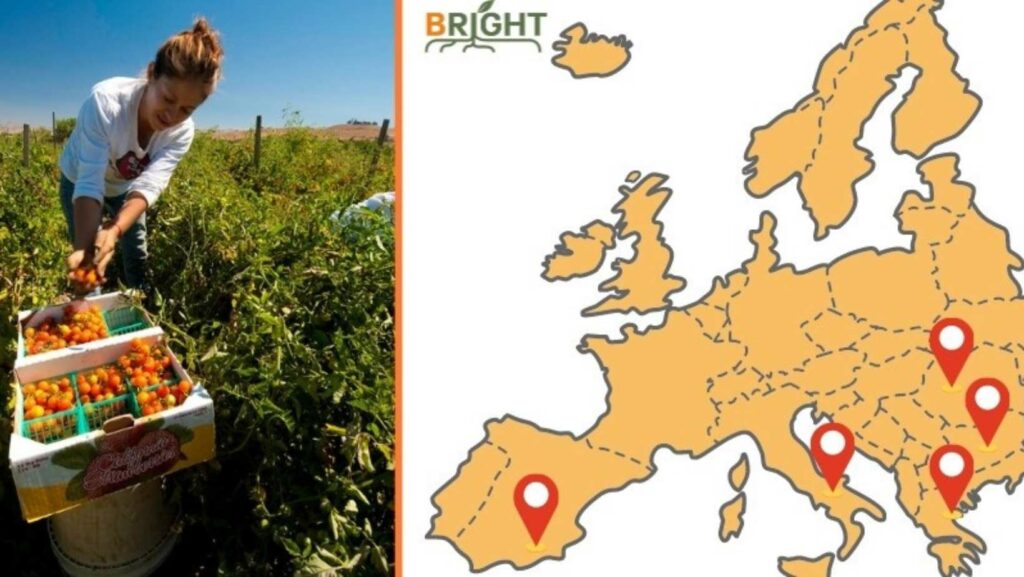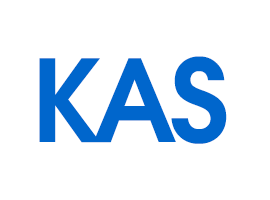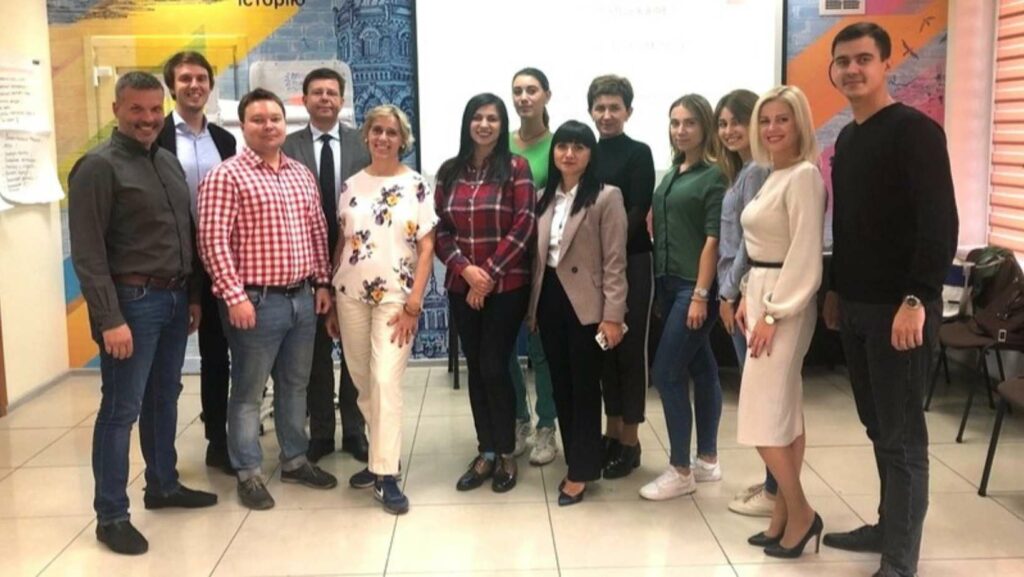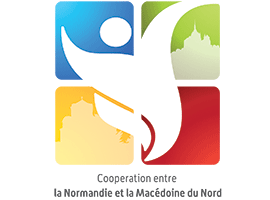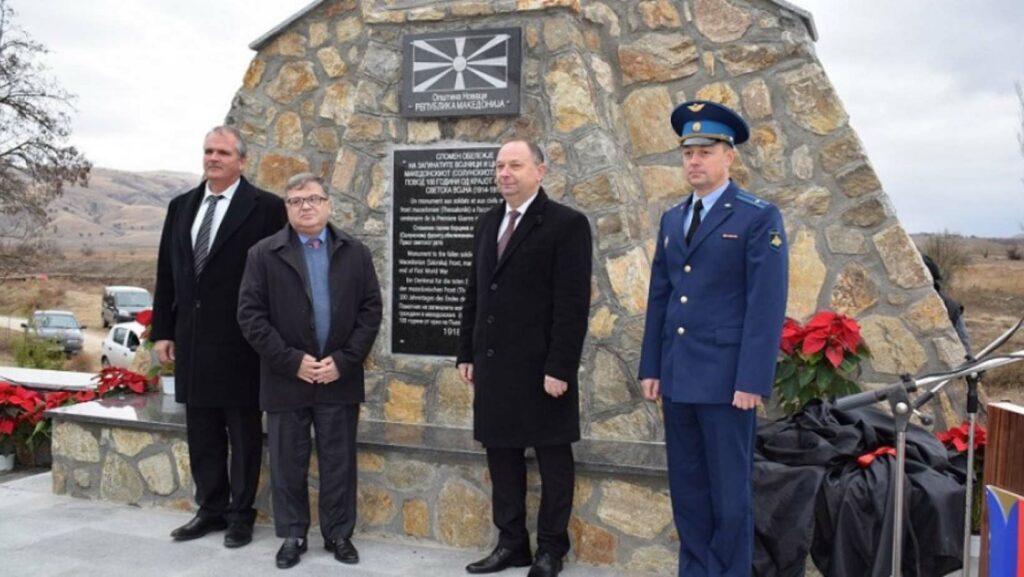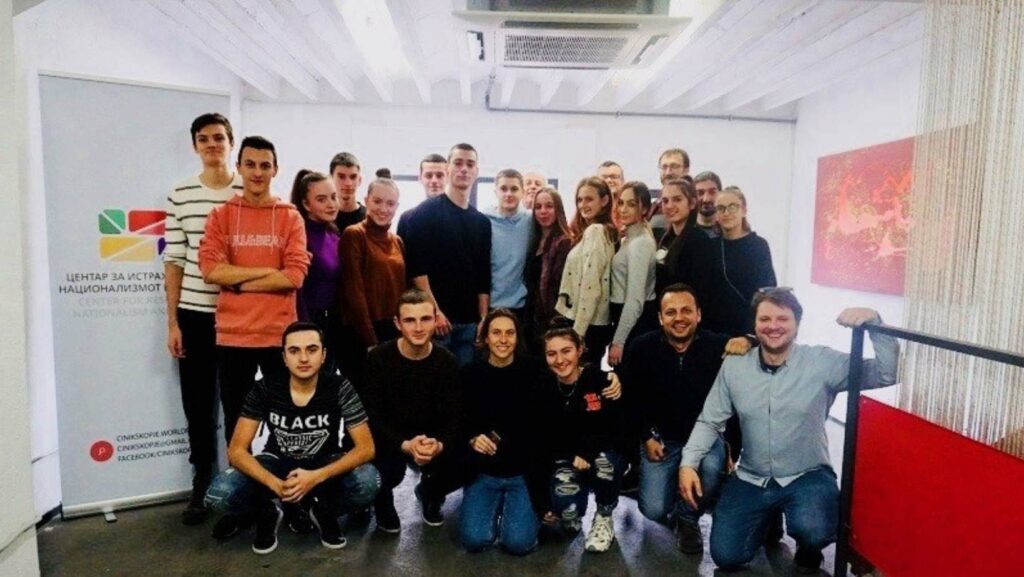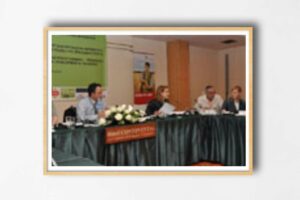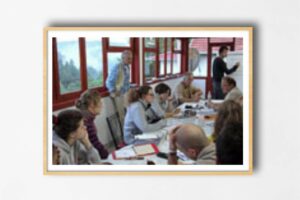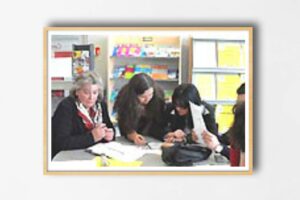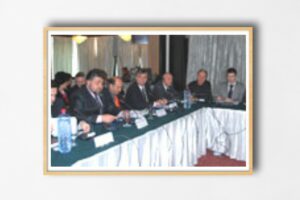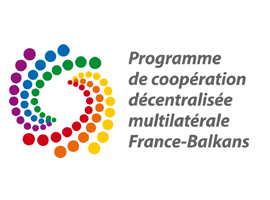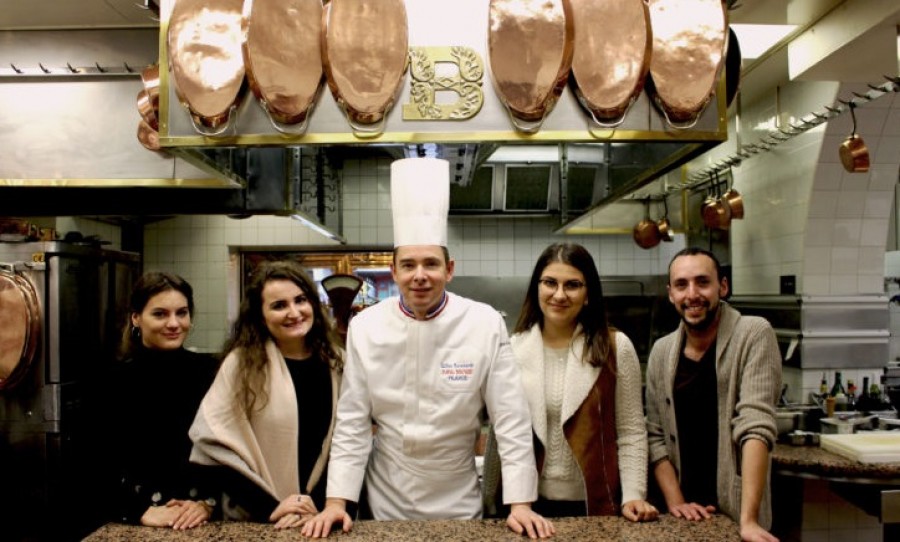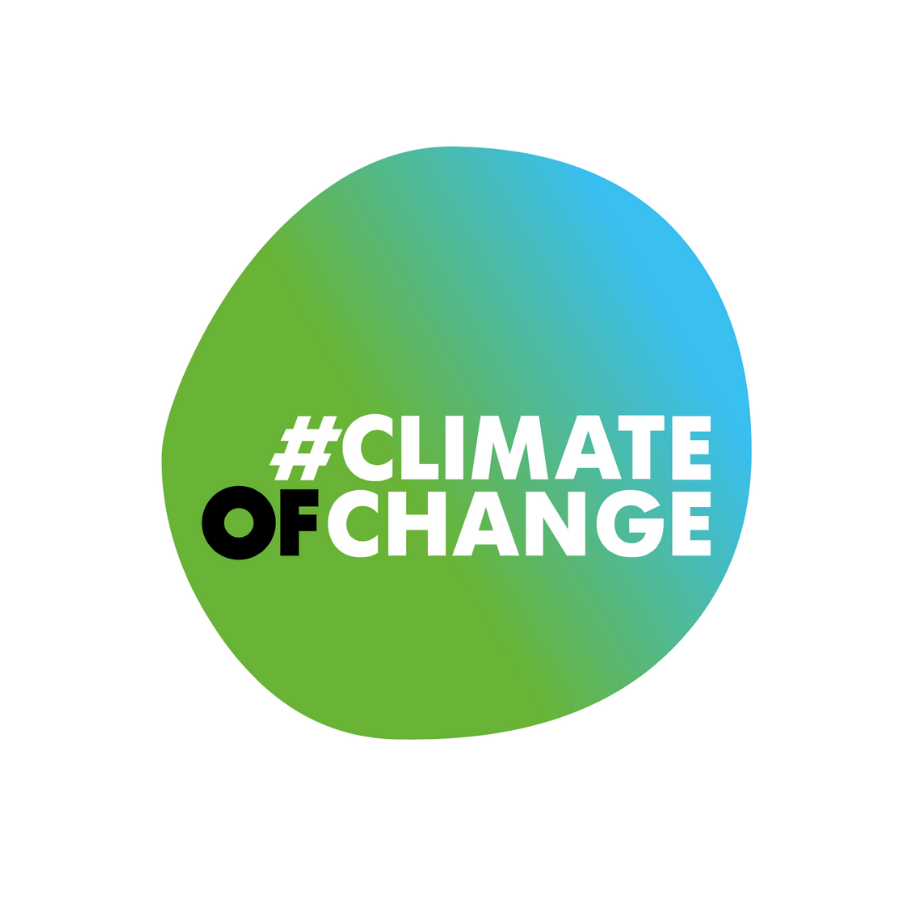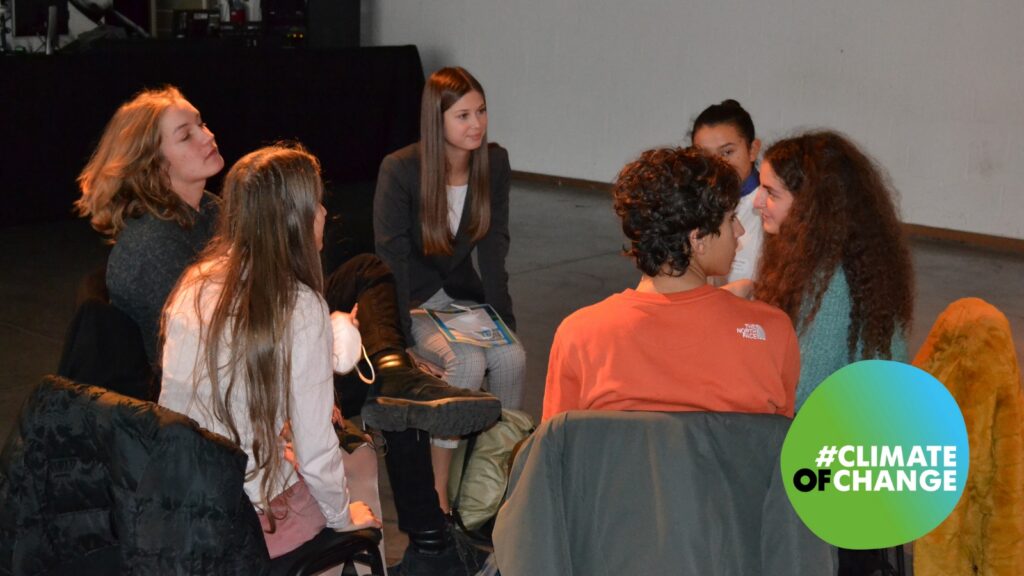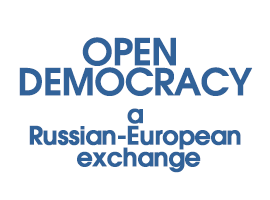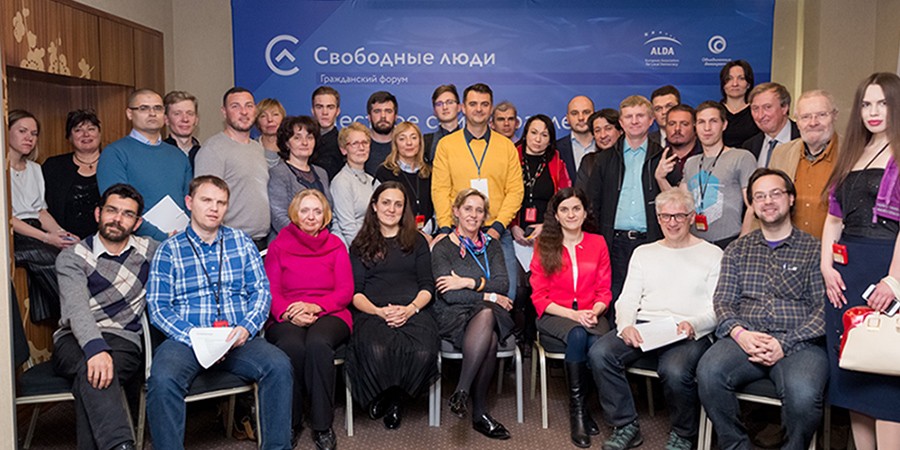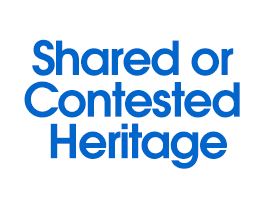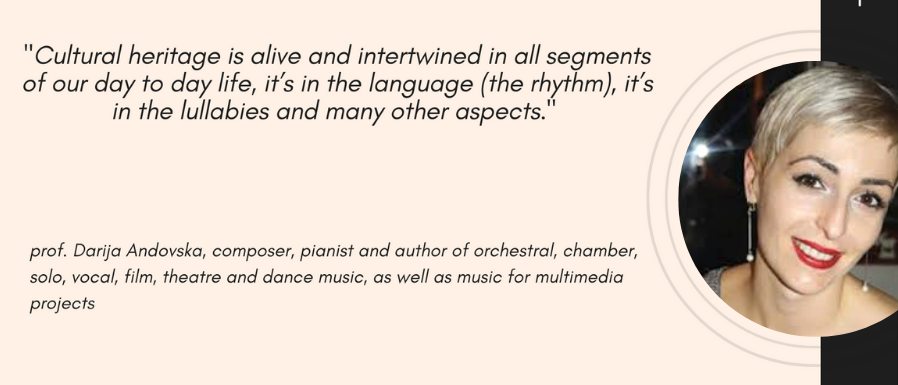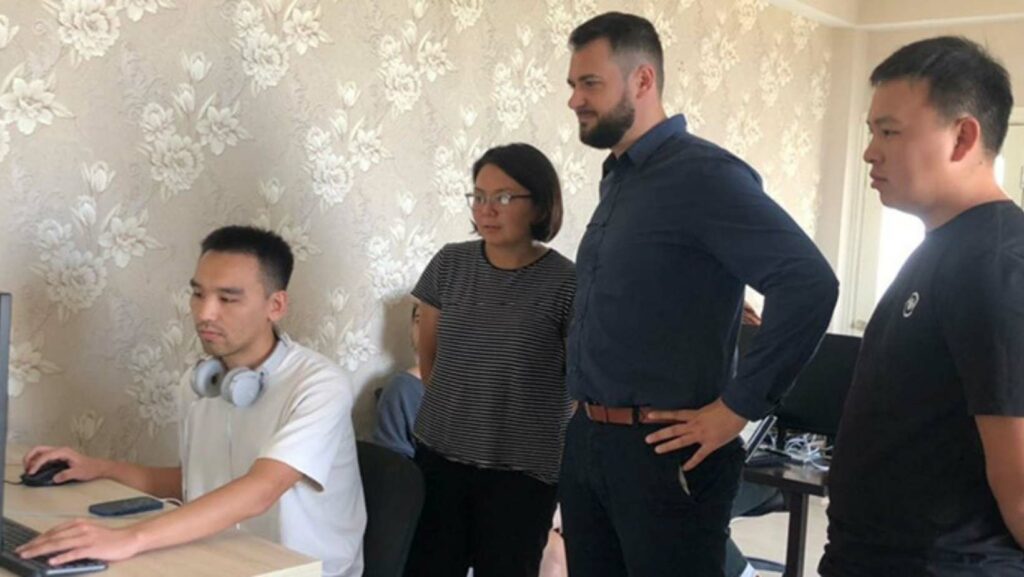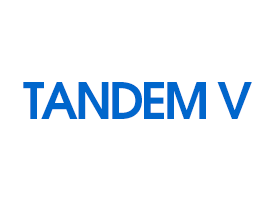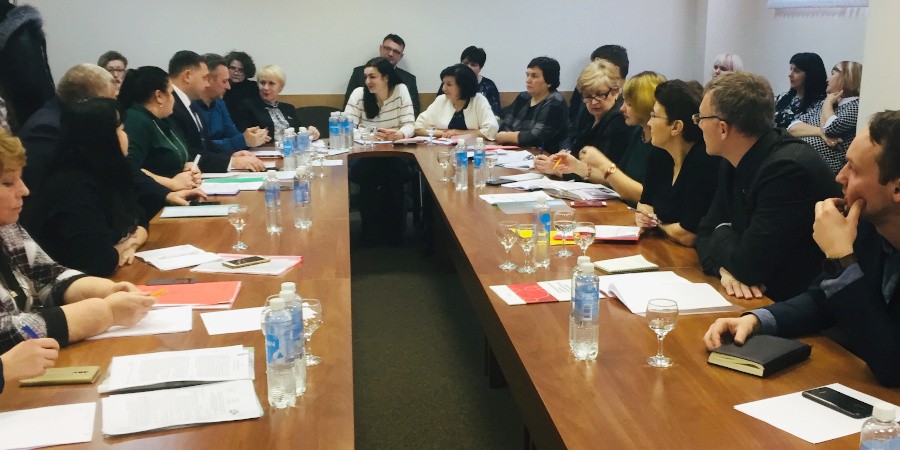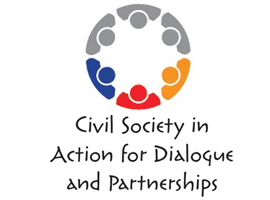
AT A GLANCE
IPA 2009 Support to issue based NGO networks
Supported by the Delegation of the European Union to Bosnia and Herzegovina
Implementation period: June 2011/June 2013
OBJECTIVES
The two year action is designed as a comprehensive set of capacity building and awareness raising activities which will be implemented through combined support measures intended for local NGO-s and local authorities to enhance citizen participation in policy and decision making process. Issue based and sectoral NGO networking represent a core of the action as the main prerequisite for their effective participation in creating a more supportive local environment for civic engagement.
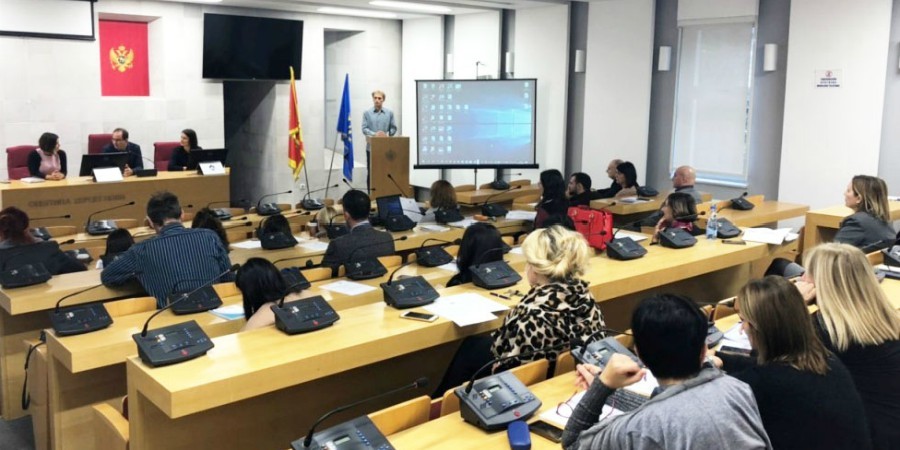
ACTIVITIES
Activities envisaged will support both horizontal and thematic, issue based co-operation between NGO-s operating within different local contexts and thus help harmonise and exchange local practices related with institutionalised (Agreement based) cooperation with local authorities and procedures for their financing. Awareness raising and training activities are designed to support the development and strengthening of local NGO-s resource centres, with particular emphasis on their improved participation in designing sectoral policies and local development strategies. The specific focus of the action is on CSO-s engaged in local democracy development, human/minority rights protection, intercultural dialogue, women’s and youth empowerment groups and environment protection.
Awareness raising component comprises local advocacy actions for signing the co-operation agreements in municipalities such as Zavidovici, Mostar, Bihac,Brcko, Trebinje, country based thematic conferences on the role of civil society and local self-governments in democratic transition of the country, a series of visibility activities involving media, publicising the local NGO address books, collection of good practice in Bosnia and Herzegovina on cross-sectoral partnerships.
Capacity building component includes four trainings for NGO-s and local governments on strategic planning skills, project cycle management, advocacy, PR and communication skills.
Exchange of good practice component comprises study visits by the EU counterparts to Bosnia and Herezegovina municipalities, filming the documentaries on civic engagement in local communities.
The main beneficiaries of the action are citizens and their local associations, members of diverse sections of local communities, women’s and youth groups, policy and decision makers at local level, local public at large, while the main expected results are focused around the need for improved awareness of local/regional policy and decision makers on institutional mechanisms of co-operation and dialogue with civil society actors engaged in sectoral policies development and implementation; the project will also help enhance issue based cooperation of CSO-s and local authorities in Bosnia and Herzegovina with their counterparts in other IPA countries and EU member states.
RELATED NEWS
